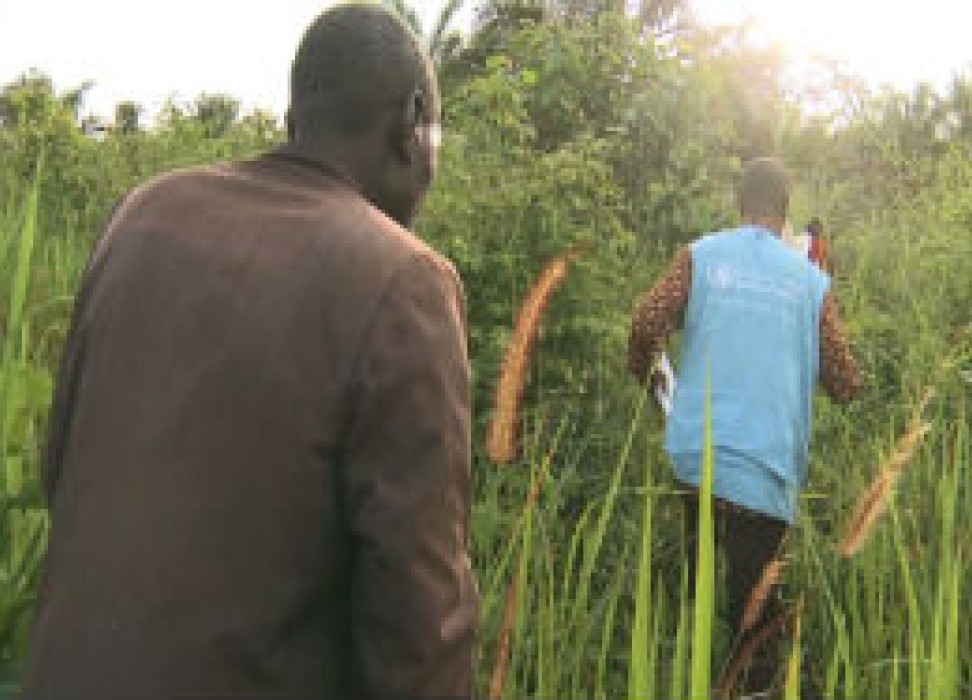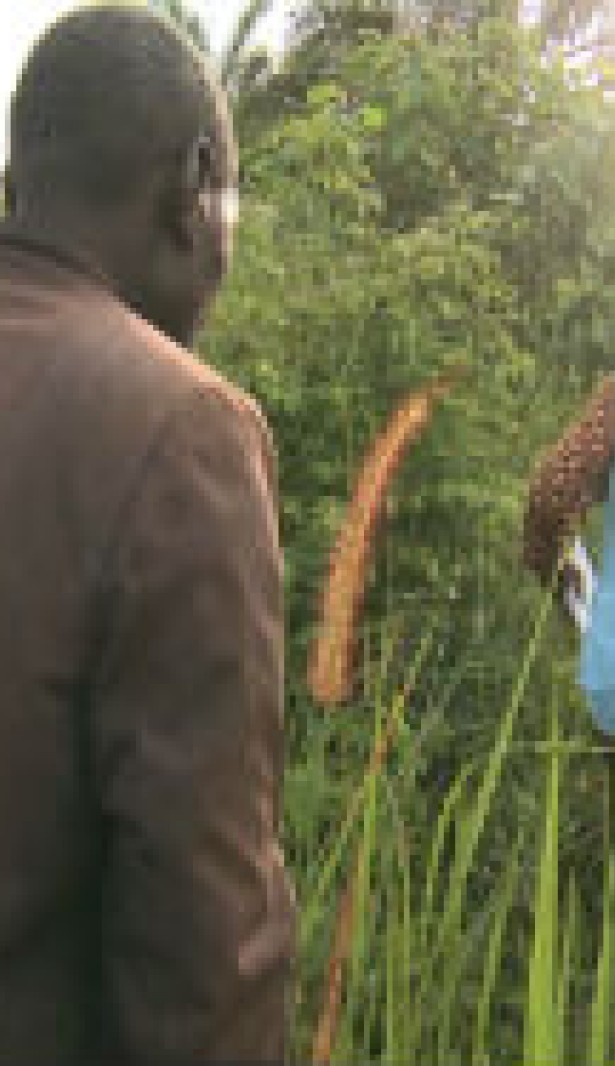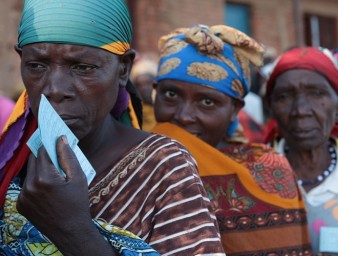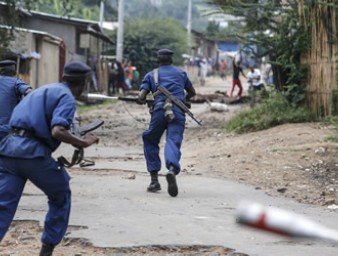Who has the right to land in Burundi?
18 September 2015

Burundi is currently volatile with an ongoing political crisis. The country, which only emerged from an ethnic conflict 10 years ago, still reels from the past upheavals.
The coming of peace to Burundi after decades of civil war has also meant the coming of a dilemma: what can be done about the problems of the land? As many citizens fled the country between 1962 and 1993 return, they find their land occupied. Former refugees who have come home to reclaim their confiscated land find it hard to integrate. Those who currently own the land are often dispossessed.
Zebedayo Hakizima is one of those who returned. He fled the country with his family at 16, and lived as a refugee in Tanzania for 40 years before returning to Burundi six years ago. He had been able to trace back his ancestral land, but it had already been allocated to new owners.
“So we had to seek the intervention of authorities, from the district up to the village head, because it was a very difficult time,” he said. “You could not just return and easily get back your land, there are procedures to follow.”
It’s a dilemma the UN Human Rights Office in Burundi has been documenting and helping the authorities in the country intervene in a fair manner, said Patrice Vahard, who heads the Burundi office.
“The principle of equity needs to be reintegrated in a fashion that allows for men and women to equally have access,” he said. “Because actually in terms of land use issue, what is at stake is the use of land for survival.”
Land is an emotive issue for the central African country. More than 90 percent of the land in Burundi is used for agriculture and subsistence farming is the main income earner.
Land is a contentious issue, making up to more than 90 percent of the disputes brought before the courts. Burundi, which is roughly the size of the US state of Massachusetts, has a population of 10 million and growing. Land distribution is key to addressing emerging conflicts, said UN Human Rights Officer Jean-Richard Bigimana.
“Social cohesion can be disrupted because of the mass arrival of returnees. They had land before fleeing but it was occupied by other people while they were away,” he said. “Now people have to share and we intervene each time there is a conflict.”
To find out more on the UN Human Right Office Watch work on land rights, please watch “Burundi: Access to Land.”
18 September 2015


